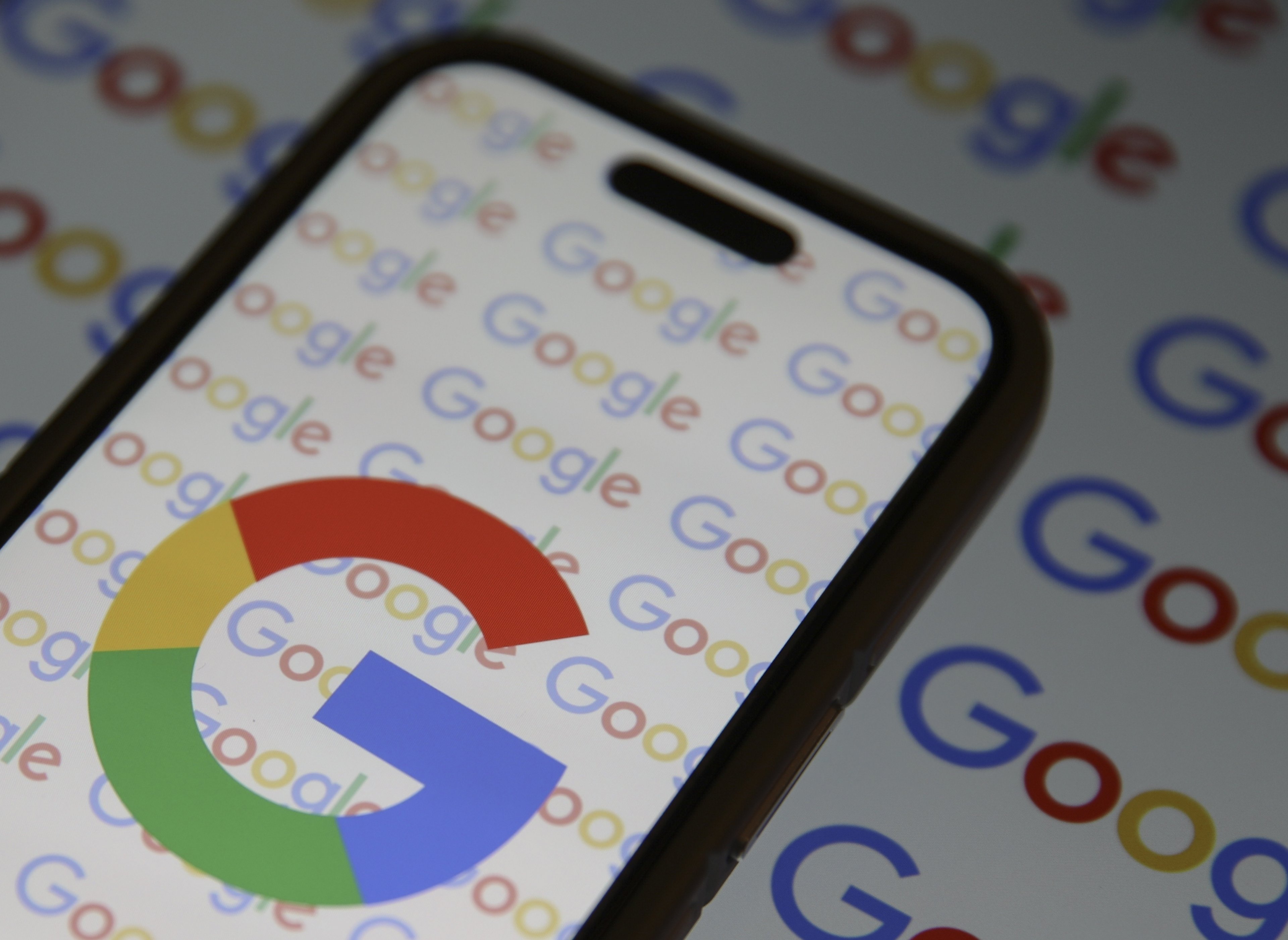
Susan Wojcicki speaking at TechCrunch Disrupt in 2013. Source: Flickr/TechCrunch
Susan Wojcicki has been an integral part of Google (GOOG +1.05%) (GOOGL +0.96%) since the day it was incorporated.
Literally.
The company was incorporated in her garage located in Menlo Park, Calif. After a few months of working out of her garage starting in 1998, Larry Page and Sergey Brin brought Susan on as employee No. 16. Her first big decision was moving the company out of her garage to Mountain View.
Seventeen years later, Wojcicki still works for Google as the CEO of YouTube. It's one of the many products she's overseen in her time at Google, which started when she came on as the company's first marketing manager in 1999.
Ad dollars and AdSense
One of Wojcicki's biggest contributions to Google was her idea to adapt Google's search ad product, AdWords, to allow online publishers to place similar ads on their own websites. The product became AdSense, which accounts for 23% of the company's ad revenue as of the first quarter of 2015.
She had already overseen AdWords, transitioning it from a full-service advertising platform to a self-serve platform. That was key to enable the product to scale from $67 million in 2001 to $772 million just two years later.
Of course, before building a $1 billion advertising business, Google needed users. Wojcicki's initial charge was to market Google's search engine, which was still relatively unknown when she joined the company. What's more, she had to do it with a budget of $0. She worked with universities to embed Google's search bar for free on their websites. We also have her to thank for the Google Doodle, which kept users coming back to check for special illustrations. According to the company's history, the first doodle was in 1998, when, before heading to the Burning Man festival in the Nevada desert, Brin and Page "incorporated the iconic Man into the logo to keep people informed about where the Google crew would be for a few days."
Without Susan Wojcicki, Google might be nothing more than a few well-designed algorithms for organizing the Web.
Taking on products
Aside from overseeing the massive growth in Google's advertising business, Wojcicki also oversaw several key products at Google. She led the initial development of Google Images, which was started after Google saw an unprecedented number of searches for "Jennifer Lopez's green dress." She also led development on Google Books, a project that aims to archive and catalog the entirety of the published word.
Later, she was put in charge of Google Video. It was while leading that project that YouTube caught her eye. Google Video started off as a product very similar to YouTube, and Wojcicki had to admit that the small start-up was killing her product. She convinced the team to acquire YouTube despite the legal problems the company faced at the time with regard to copyright infringement. Meanwhile, she helped transition Google Video to a video aggregator and search engine.
There was one other major acquisition she helped complete: DoubleClick. Google bought the online advertising company in 2007, which helped Wojcicki improve Google's targeting capabilities for AdSense ads through DoubleClick's technology and its client base.
Taking over YouTube
Wojcicki's latest challenge is running YouTube, the company she helped Google buy almost nine years ago. While YouTube no longer faces any major legal threats on this front, the company faces threats from other platforms looking to take on its dominance in online video.
Wojcicki must tread the line between catering to content partners, and turning a profit 10 years into YouTube's existence. The website generated $4 billion in ad revenue last year, but still failed to generate a profit for Google. Meanwhile, some of its top content creators are complaining that they're unable to support their costs of production through the standard revenue sharing agreement from YouTube.
In just over a year, Wojcicki has shown her mettle. She's piloting a music streaming service that leverages existing YouTube agreements with music labels to pay for use of copyrighted music in other creators' content. She's also suggested there may be an ad-free subscription service in the works. Additionally, she's shown her advertising chops, experimenting with new ad products on the platform and clamping down on graphical title cards on sponsored videos, pushing creators to work through Google.
Most importantly, Wojcicki has shown her dedication to YouTube's top content creators. She's worked to retain top talent in light of new competitors like Vessel and Facebook offering signing bonuses for exclusive content. YouTube recently agreed to pay upfront production costs for five of its top content creators. That includes an agreement to produce feature-length films featuring YouTube stars of AwesomenessTV.
Wojcicki will have to use her expertise in advertising and product development to support the costs of content fend off and competition from other platforms. Based on her track record, I wouldn't be too worried.









